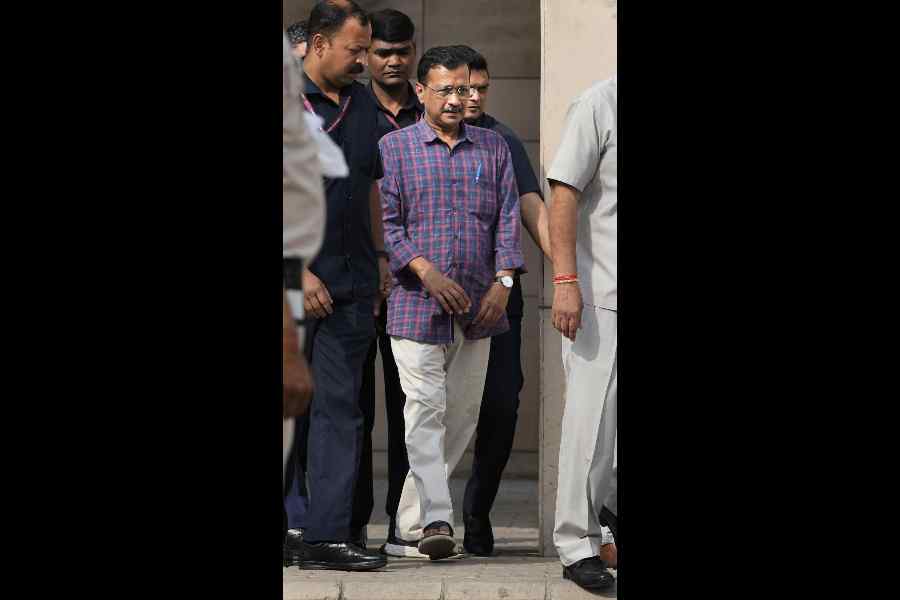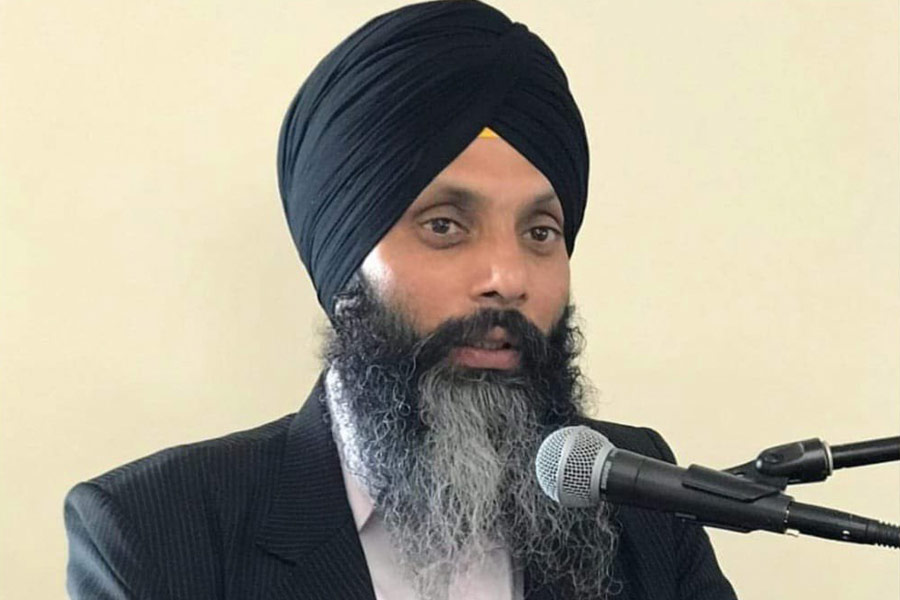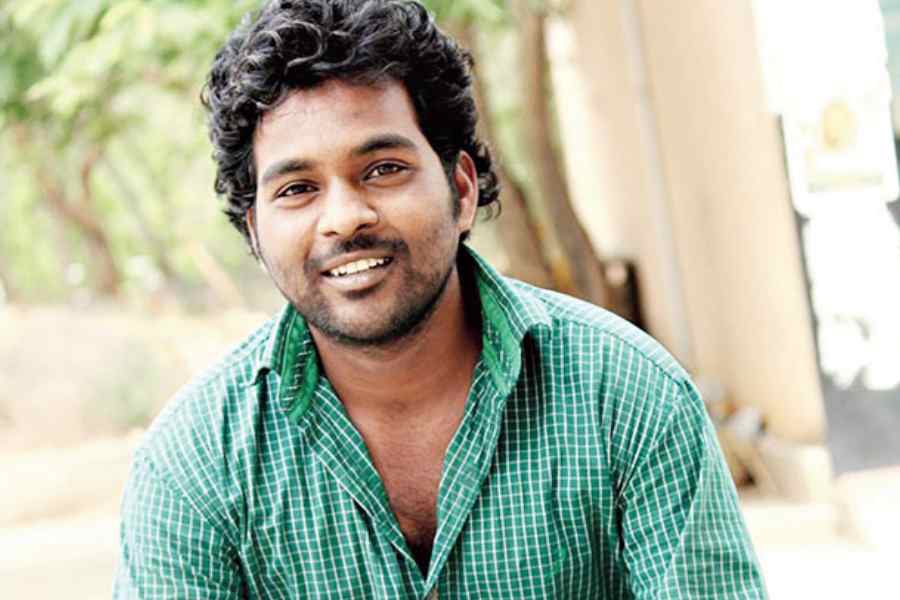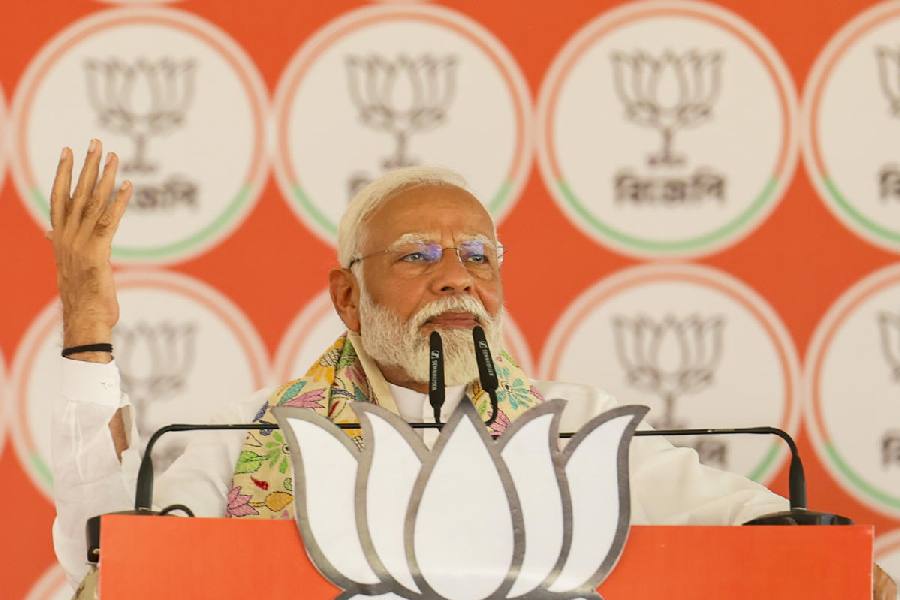The squeaky wheel gets the grease. The fugitive tycoon, Vijay Mallya, had raised a hue and cry about the "pathetic" condition of Indian prisons, citing this as a reason against extraditing him and claiming that doing so would be a violation of human rights. Another absconding businessman, Mehul Choksi, has made similar allegations. There may be merit in these concerns. Is that why the Maharashtra prison authorities are now rushing to build a new block of cells that will meet international norms on prisoner rights? Given the poor state of India's overcrowded prisons, any improvement is welcome. But it defies logic that offenders with influence should be treated differently from convicts with limited means. At last count, the country's 1,412 prisons were crowded to 114 per cent of their capacity; the corresponding figure for Maharashtra is 120 per cent. As such, investing money - what would be the source of the funds? - to construct special facilities for a handful of criminals while others jostle for space and amenities is a violation of the fundamental right to equality before law.
Still, Maharashtra's move to upgrade prison facilities provides an opportunity to examine areas that are crying out for reforms as far as jails in India are concerned. Reports suggest that something as natural as sunlight becomes a resource to fight over in some prisons, such as the Arthur Road jail. A medical sanction or court order is needed for inmates to get some time in the sun. The constant absence of natural light and air - a majority of cells have no windows - along with the space crunch do not do wonders for the prisoners' mental health. In Tihar, for instance, 50 per cent of the prisoners have "severe psychological problems", but there are only three psychiatrists for 15,000 prisoners. It is worse in Kerala where there are no provisions for treating mental illnesses. Physical ailments, too, pose overwhelming difficulties. Complex prison regulations ensure that if an inmate gets a heart attack he most likely cannot be taken to the hospital within the 'golden hour' because of the number of permissions required at various levels. Natural causes are not the only ones that threaten the lives of prisoners either. In 2015, no less than 11 prisoners were murdered by fellow inmates. Overfull prisons that are also understaffed become dens of criminal activity. The paltry pay of prison officials makes the job of greasing palms easier. Their crimes and charges notwithstanding, convicts and undertrials cannot be denied the right to humane treatment guaranteed to them by Article 21.










